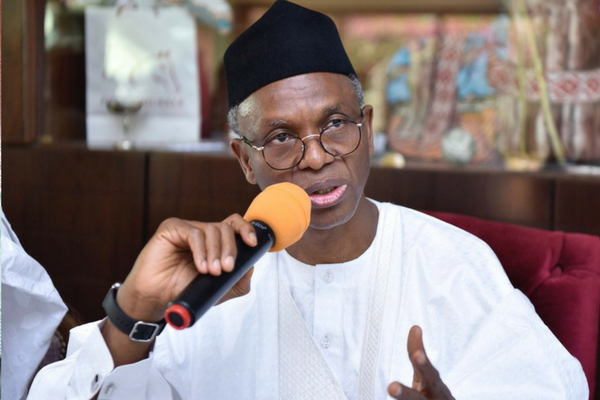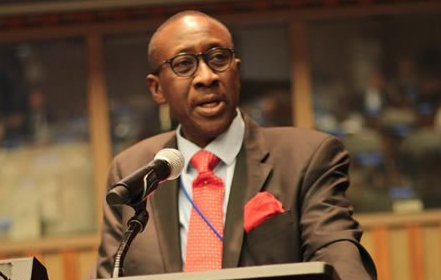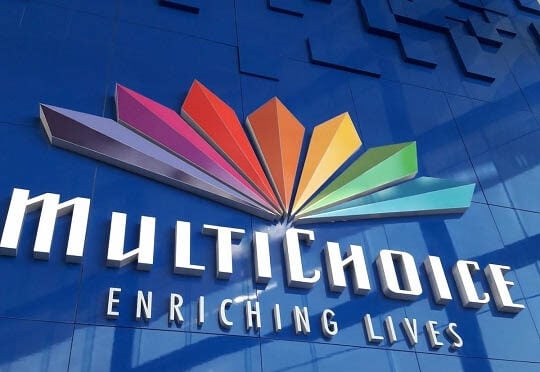Facts have emerged on how Nigeria paid $137 million in two years for gas and electricity that were never used in the “take or pay deal” the country entered into with some investors in the power sector.
The whopping sum covers payments for 2018 and 2019 under the gas supply agreement deals reached with the firms.
According to the terms of the agreement, with or without gas supply, Nigeria must pay for the product.
Now, there is a challenge of what to do with the make-up gas that is paid for, but unutilised.
Advertisement
Owing to the multifaceted constraints in the power sector, the take-or-pay clause in the sovereign guarantee has continued to hurt the power sector financially as the Transmission Company of Nigeria (TCN) does not have enough capacity to wheel the energy produced.
Nigeria currently has the capacity to generate about 12,000MW but the national grid — which transmits power from plants (GenCos) to distribution companies (DisCos) — cannot take more than roughly 5,000MW.
To avoid a system collapse, some GenCos are asked to reduce their production.
Advertisement
In a letter dated November 19, 2021, to President Muhammadu Buhari, the ministry of finance proposed how the government could quickly reclaim the make-up gas within a two-year window and market the product to bring millions of dollars into the nation’s coffers.
Zainab Ahmed, minister of finance, asked the president to approve the engagement of VITOL, an international firm, and Ahmed Zakari and Co, an accounting firm, to oversee the initiative.
“I write respectfully to apprise Your Excellency of the fiscal challenges being faced by the Nigeria Electricity Supply Industry (NESI) for several years. The industry requires N85 billion per month to pay for gas, generation, transmission and distribution operations,” the minister wrote.
“Your Excellency may wish to be informed that the make-up gas (MUG) came about as a result of the take-or-pay clause in the power purchase agreement (PPAs), which implies that the power made available will have to be paid for in full whether or not energy is generated. The gas supply agreement is also based on 80% gas take-or-pay; meaning that whether or not gas is utilised, payment of 80% of contracted gas quantity will have to be made. As a result, NBET had paid a total of $105 million and $32 million in 2018 and 2019 for unused electricity and gas respectively. While the unused gas can be repurposed within a 2-year window, the electricity is permanently lost in terms of capacity. This means that the attendant revenue from the sale of such make-up gas will be permanently lost if nothing was done within the 2-year window which elapses around December 2021.
Advertisement
“It is in the light of the above, Your Excellency, that the federal ministry of finance has come up with an unprecedented proposal to market the makeup gas (MUG) to potential off-takers such as the Nigeria Liquefied Natural Gas (NLNG) for off-take by Vitol, an international trader, through a swap agreement to generate revenue in dollars. Just like crude, this will constitute a major (additional) source of income that will be more stable considering its stability and predictability.
“The proceeds from volumes accrued from the gas supply agreements is approximately 5113mmsef (25.7 mmBTU) and a potential market value estimated at USD84.5 million (as of March 2021) from one source alone. The proceeds from the sale of the MUG will be redeployed to address the financial challenge of the Power Purchase Agreements and override the Partial Risk Guarantee of Azura, service the Genco legacy debt, the PPI projects and other FGN liabilities.
“To accelerate the activation of this robust source of revenue to the FGN, the Federal Ministry of Finance is recommending a direct involvement of VITOL, a reputable gas company which already has a long term LNG off-take contract with NLNG and provides financing to Savannah Energy, while Ahmed Zakari and co, a leading indigenous accounting and audit firm of over 25 years cognate experience, will engage as transaction advisor.”
The finance minister added that the implementation of the programme will shore up the gas supply capacity of NLNG and eliminate its feed gas challenges.
Advertisement
THE HAUNTING DEALS
The power deals the federal government entered into with Accugas Ltd and Azura-Edo Power IPP, a power-generating private company have continued to place the country under a heavy financial burden.
Advertisement
On different occasions, Accugas had issued deadlines to the government to clear outstanding invoices; otherwise, it could issue another “notice of default”.
In the same vein, on August 21, 2015, the federal government signed the PRGs with the World Bank to provide backing for Azura’s 450MW project after the previous government had stalled because of the absence of a sovereign immunity clause in the put-call option agreement (PCOA).
Advertisement
Azura is the only private power company in Nigeria that enjoys a sovereign guarantee, and this has conferred a special privilege on the plant as it is allowed to produce and transmit at higher capacities than other plants.
Others are often asked to lower their production so that Azura’s power can be taken on the national grid. This is apparently to justify the country’s minimum monthly payment of $30 million to the plant under the “take or pay” obligation — even if the energy produced is not “dispatched” by TCN.
Advertisement
TheCable understands that Nigeria also pays roughly N700 million monthly as the exchange rate differential in the deal with Azura.
If the government fails to meet these monthly obligations, the World Bank partial risk guarantee (PRG) can be called by Azura’s creditors.
Also, the country will have to pay Azura a whopping $1.2 billion if it decides to exit the PCOA.
Despite documentary evidence, Zakari had claimed the country is not liable to pay $1.2 billion to Azura if the country exits the contract.
But there were salient questions the presidential aide failed to answer.
Add a comment







